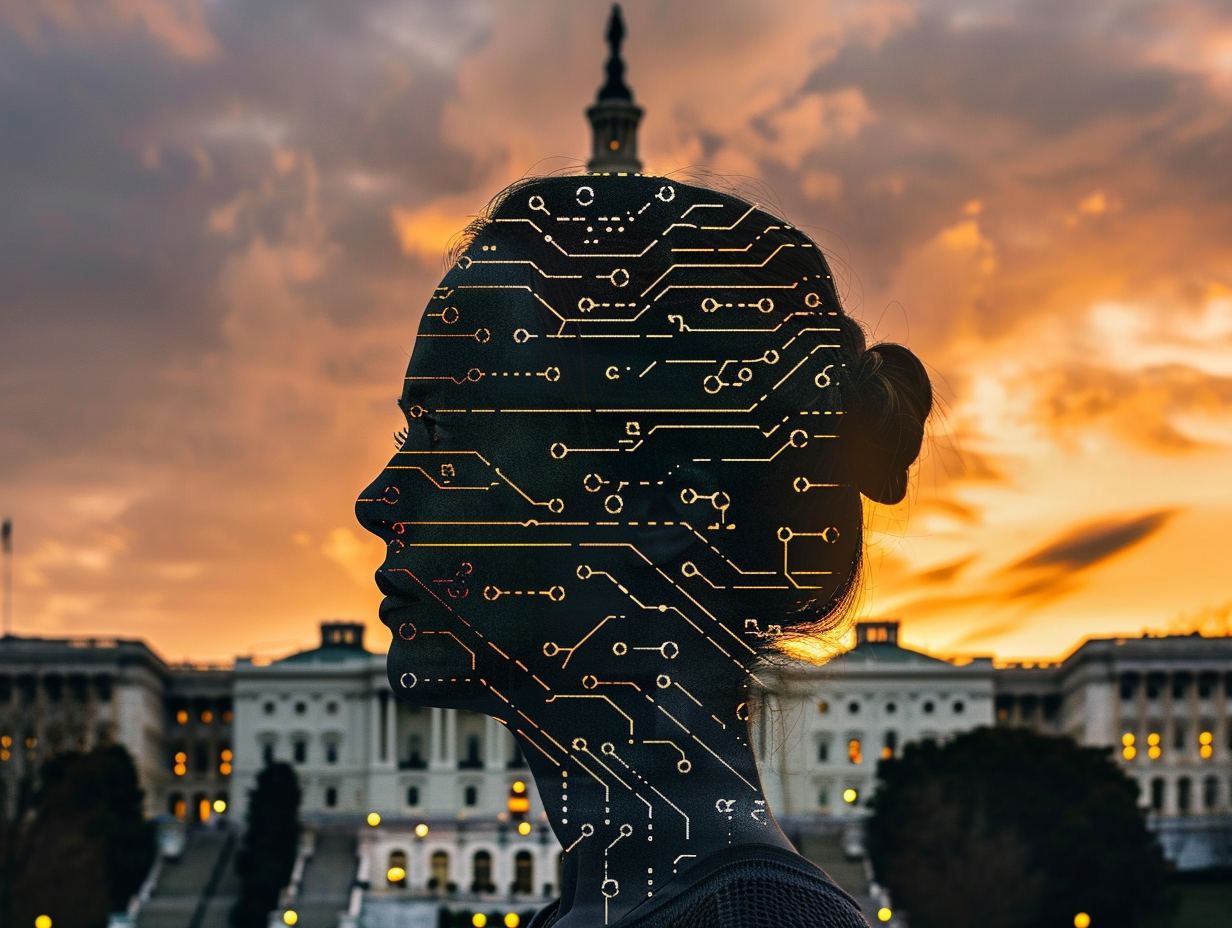As Jamaican lawmakers contemplate the regulation of artificial intelligence-generated content, particularly concerning the creation of deepfakes, Deputy Director of Public Prosecutions Andrea Martin-Swaby suggests potential relief within the Cybercrimes Act.
Legal framework and the cybercrimes act
A senior prosecutor in Jamaica has highlighted the potential for victims of AI-generated mischief, such as deepfakes, to find relief under the existing Cybercrimes Act. Deputy Director of Public Prosecutions, Andrea Martin-Swaby, has pointed out that while there is no specific criminal liability for the dissemination of deepfake or AI-generated content that misrepresents facts, the Act does provide avenues for civil remedies in cases where such material causes damage, such as defamation.
This interpretation opens a path for those harmed by AI-generated content to seek justice through civil litigation, particularly when the content falls outside the specific parameters that would classify it as criminally liable under Section 9 of the Cybercrimes Act, which covers obscene or threatening material sent with the intent to cause harm.
The call for regulation and legislation
The urgency of addressing the challenges posed by deepfake technology has been echoed by several Members of Parliament, who stress the importance of regulatory and legislative measures to combat the potential abuse of AI in generating misleading content.
The growing consensus points towards the need for a balanced approach that respects freedom of expression while curbing the dissemination of fake news and other forms of AI-generated misinformation. The differing views among lawmakers underline the complexity of regulating a technology that has significant implications for personal reputation, privacy, and the integrity of the democratic process, especially in an election year.
Impact on democracy and regulatory actions
The concern over deepfakes extends beyond Jamaican shores, with international instances highlighting the technology’s ability to influence political processes and public opinion. In response to similar challenges, regulatory bodies like the Federal Communications Commission (FCC) in the United States have taken decisive steps to curb the misuse of AI in communications, such as declaring AI-generated scam “robocalls” illegal. This move underscores the global recognition of the need for regulatory mechanisms to protect individuals and the democratic process from the harmful effects of AI-generated content, including deepfakes.
Towards a comprehensive solution
The discussions in Jamaica reflect a broader global dilemma on how to manage the double-edged sword of AI technology. The call for regulation, coupled with the potential for legal redress under existing laws like the Cybercrimes Act, represents a multi-faceted approach to mitigating the risks associated with deepfakes and other AI-generated content. As technology continues to evolve, the challenge for lawmakers and legal experts will be to craft policies that are flexible enough to adapt to new advancements while robust enough to protect individuals and the societal fabric from digital harm.
The debate over deepfakes in Jamaica highlights the pressing need for a balanced regulatory framework that can navigate the complexities of AI-generated content. While the Cybercrimes Act offers a starting point for individuals seeking redress, the broader conversation underscores the importance of legislative action to address the nuanced challenges posed by this technology. As the digital landscape continues to evolve, the pursuit of solutions that protect individual rights and the democratic process will remain a critical concern for policymakers, legal experts, and regulatory authorities alike.
A Step-By-Step System To Launching Your Web3 Career and Landing High-Paying Crypto Jobs in 90 Days.
